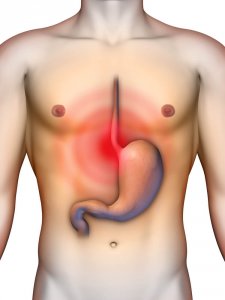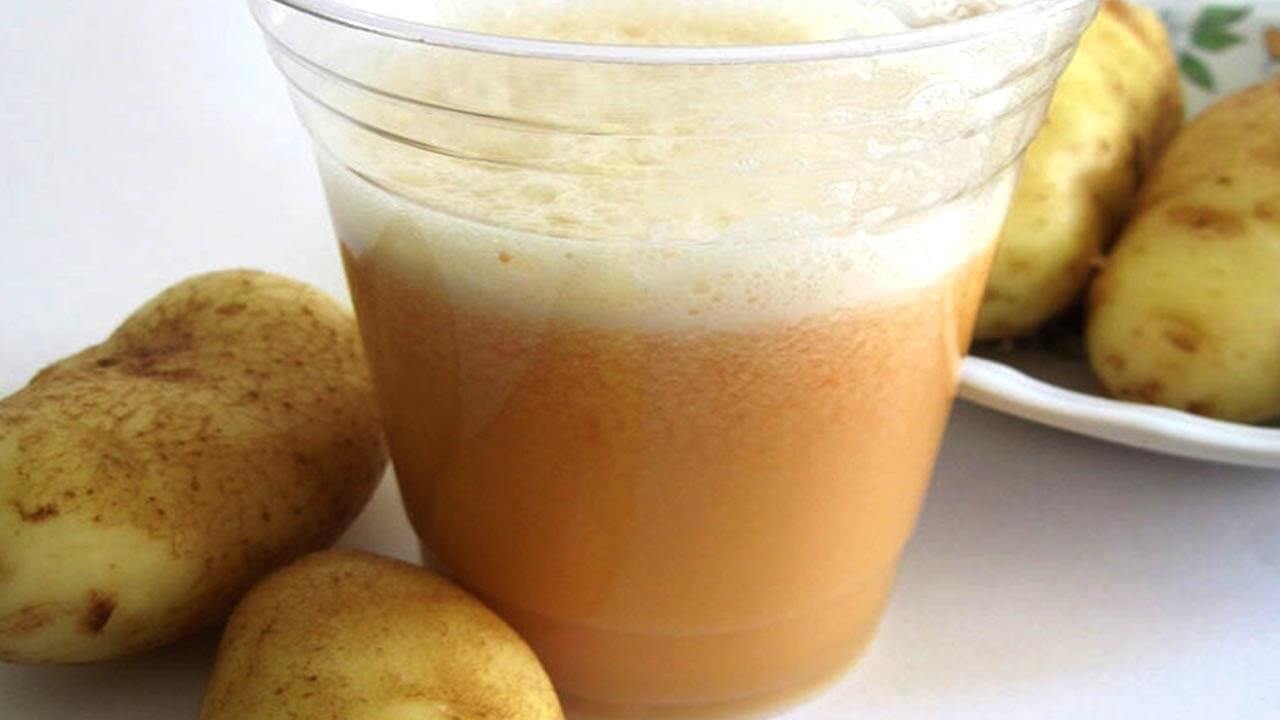Four Homemade Antacids to Soothe Reflux

Reflux can be an exasperating condition. It’s caused by the final muscle in the esophagus not working properly.
The oesophagus is the tube that connects the mouth to the stomach. Food passes through it until it reaches the acids in the stomach, where it begins to be digested and nutrients can be processed for the rest of the body.
These very same acids can sometimes flow back up the esophagus if the esophagus is not being closed off properly from the stomach. This causes pain and irritation.
In this article, we’ll tell you a little more about this condition as well as a few home remedies you can make to treat it.
The Symptoms of Acid Reflux
There are a few more common and well-known symptoms of this condition. Pay close attention so you can treat them early on:
- Heartburn
- Vomiting
- Insomnia
- Lack of appetite
- Chest pains
- Wheezing
- Difficulty talking
- Throat pain
- Difficulty breathing
The Causes of Reflux
As well as the final muscle in the esophagus not working properly, it’s also common for some foods to be linked to this condition.
This is the case with:
- Spicy foods: These stimulate heartburn and reflux. If you aren’t careful enough and you allow the problem to continue, you could develop chronic gastritis.
- Coffee: The problem is the caffeine. This triggers reflux and increases the production of stomach acid.
- Alcoholic drinks: These relax the inferior and superior sphincter in the esophagus, which allows the stomach acid to rise and in turn cause reflux.
- Chocolate: Because it contains fats, caffeine, and theobromine, this stimulates the production of stomach acids.
- Fatty foods: These irritate the gastric mucosa and affect the inferior oesophagal sphincter.All of this causes more heartburn.
- Acidic foods: These lower the pH level in the stomach, which triggers acid reflux and heartburn.
Any illness that can be treated will always benefit from a better diet. A healthy diet rich in fruits, vegetables, legumes, cereals, and fiber will always be the best option for a healthy body.
Four Natural Antacids To Combat Reflux
Below, we’ll present the best and simplest recipes for antacids to say goodbye to reflux once and for all!
1. Potato Juice

Raw potato juice is an excellent alkaline. Its taste and texture might surprise you, but you’ll notice the benefits rapidly.
Ingredients
- 3 tablespoons of grated potato (45 g)
- 1 cup of water (250 ml)
How to Make It
- Boil the grated potato in a cup of water and leave it to cool for 10 minutes.
- Put the mixture in a blender and process until you get a smooth mixture.
- We recommend that you drink it every time reflux occurs.
Read:
Three Recipes You Can Make with Potatoes
2. Lemon Juice
Despite being an acidic fruit, when lemon reaches the stomach,it’s able to neutralize excess acids.
Ingredients
- 1 cup of water (250 ml)
- 6 tablespoons of lemon juice (90 ml)
How to Make It
- Bring the water to the boil and remove from the heat.
- Add the lemon juice.
- Drink while still warm.
3. Apple Cider Vinegar

Apple cider vinegar is one of the most commonly-used natural antacids to alleviate the burning, pressure, and heartburn caused by gastric reflux.
Ingredients
- 1 cup of water (250 ml)
- 2 tablespoons of apple cider vinegar (30 ml)
How to Make It
- When making any water-based preparation, it’s always best to boil the water to purify it.
- After boiling the water and leaving it to rest, add the apple cider vinegar.
- Mix well and drink 30 minutes before your next meal.
You might like:
4. Banana Juice
Bananas stimulate the production of the mucosa secretion, which protects the stomach lining from the gastric acids. Furthermore, this fruit contains a lot of potassium. This alkaline mineral helps to regulate the stomach’s pH level.
Ingredients
- 4 cups of water (1 litre)
- 4 bananas
How to Make It
- Remove the banana skins and put both ingredients in a blender. Blend until you get a smooth mixture.
- We recommend that you drink this throughout the day.
All cited sources were thoroughly reviewed by our team to ensure their quality, reliability, currency, and validity. The bibliography of this article was considered reliable and of academic or scientific accuracy.
- Varannes, S. B. Des, Zerbib, F., & Galmiche, J. P. (2013). Functional Heartburn. In Practical Manual of Gastroesophageal Reflux Disease. https://doi.org/10.1002/9781118444788.ch8
- Dowswell, T., & Neilson, J. P. (2008). Interventions for heartburn in pregnancy. Cochrane Database of Systematic Reviews. https://doi.org/10.1002/14651858.CD007065
- Katz, P. O., Gerson, L. B., & Vela, M. F. (2013). Guidelines for the diagnosis and management of gastroesophageal reflux disease. American Journal of Gastroenterology. https://doi.org/10.1038/ajg.2012.444
This text is provided for informational purposes only and does not replace consultation with a professional. If in doubt, consult your specialist.








